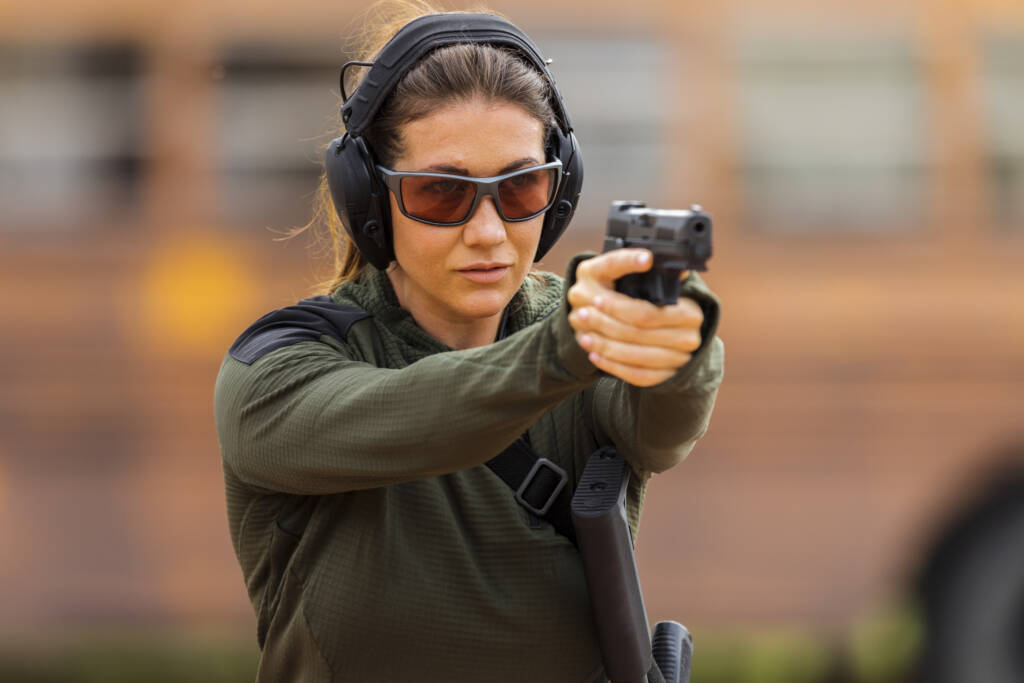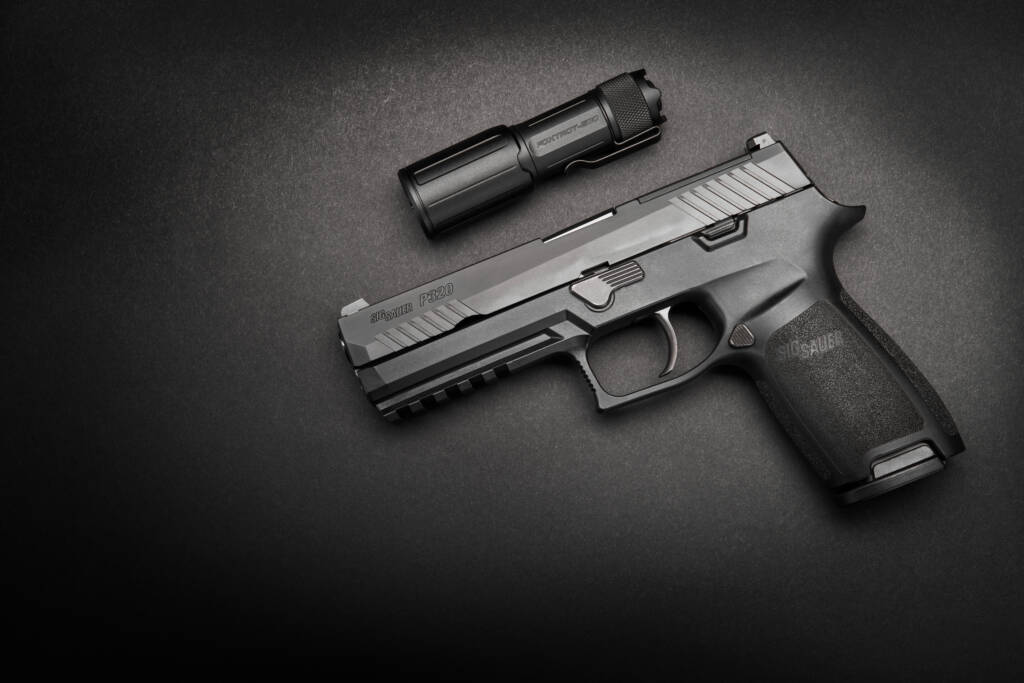An FFL (Federal Firearms License) transfer is a process involving the transfer of a firearm from a licensed dealer to an individual. In the United States, FFLs are issued by the Bureau of Alcohol, Tobacco, Firearms and Explosives (ATF) to businesses and individuals who engage in the sale, manufacture, or importation of firearms. An FFL transfer is often required when purchasing a firearm online or from a private seller who is not local, as the firearm must be shipped to an FFL holder for the transfer to the buyer.
How an FFL Transfer Works in Florida
Lorem ipsum dolor sit amet, consetetur sadipscing elitr, sed diam nonumy eirmod tempor invidunt ut labore et dolore magna aliquyam erat, sed diam voluptua. At vero eos et accusam et justo duo dolores et ea rebum. Stet clita kasd gubergren, no sea takimata sanctus est Lorem ipsum dolor sit amet.
- Selection of Firearm:
– The buyer selects a firearm from an online retailer, private seller, or another FFL holder. - Choosing an FFL Dealer:
– The buyer chooses an FFL dealer in Florida where the firearm will be shipped. The buyer must provide the seller with the FFL dealer’s license information. The FFL dealer will typically fax or email a copy of their FFL license to the seller. - Shipment to FFL Dealer:
The seller ships the firearm to the chosen FFL dealer in Florida, legally transferring it from the seller’s inventory to the FFL dealer’s inventory. - Background Check and Paperwork:
– Once the firearm arrives at the FFL dealer, the buyer must visit the dealer to complete the necessary paperwork. This includes filling out ATF Form 4473, which collects information about the buyer and the firearm.
– The FFL dealer then conducts a background check on the buyer through the National Instant Criminal Background Check System (NICS). In Florida, the background check process may also involve checking state databases. - Waiting Period:
– Florida law requires a mandatory waiting period of three business days, excluding weekends and holidays, before the firearm can be transferred to the buyer. This waiting period applies to all firearm purchases, including those from private sellers, unless the buyer has a concealed weapons permit.
– Concealed Weapons Permit Holders: Individuals with a valid Florida concealed weapons permit are exempt from the waiting period and background check for handgun purchases, but not for long guns. (IS THIS CORRECT?) - Completion of Transfer:
– If the buyer passes the background check and the waiting period has been observed, the FFL dealer can transfer the firearm to the buyer. The buyer must be present to take possession of the firearm and may need to provide identification and proof of residency. - Fees:
– The FFL dealer typically charges a transfer fee for this service, which can vary. This fee covers the dealer’s time and administrative costs.
Additional Firearm Purchase Considerations in Florida
– Restrictions: Certain individuals, such as those with a felony conviction, domestic violence restraining order, or mental health adjudication, are prohibited from purchasing or possessing firearms.
Both buyers and sellers need to be familiar with federal, state, and local laws regarding firearm transfers to ensure compliance and legality.





